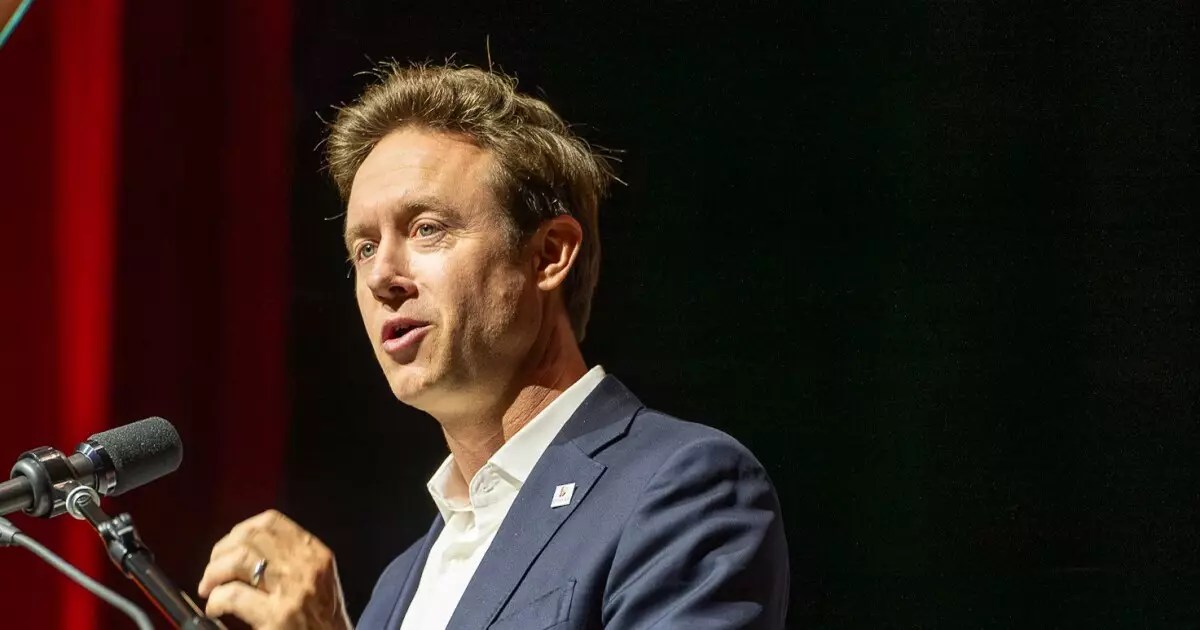Denver voters will soon have the opportunity to vote on a sales tax hike on the Nov. 5 ballot. The proposed tax increase, set at 0.5%, aims to raise approximately $100 million annually. This additional revenue could be used to support bonds for affordable housing in the city, which has been facing a shortage of such properties. Mayor Mike Johnston, who introduced the measure in July, emphasized the importance of addressing the affordable housing crisis in Denver. He stated, “Denver voters have never had the opportunity to vote directly on affordable housing, and now they get the chance to help make sure the nurses, first responders, teachers, seniors, and working families who built this city can afford to stay in this city.”
In a 9-4 vote on Monday, the city council approved the tax hike measure. They also decided to extend the expiration of the proposed tax increase from 30 years to 40 years. This adjustment was made to provide more flexibility in utilizing the funds and exploring various financial options. Evan Dreyer, Johnston’s deputy chief of staff, mentioned that the longer timeframe would allow for the possibility of bonding against the revenue generated from the tax increase and refinancing those bonds in the future for potential cost savings.
Johnston highlighted the significant gap in affordable housing units in Denver, with a shortage of 44,000 units projected for households earning less than 100% of the area median income by 2033. The proposed tax increase for affordable housing aims to bridge this gap and create more opportunities for individuals and families struggling to find affordable accommodation in the city.
However, not everyone is in favor of the proposed tax increase. Council Member Kevin Flynn expressed concerns about the impact of raising sales taxes on the cost of living in Denver. He stated, “I think we have to stop talking about making Denver affordable by raising the cost of living here.” Flynn believes that more work needs to be done on the affordable housing proposal before it is presented to voters. If both the housing and health care tax increases are approved, Denver will have one of the highest sales tax rates for a non-resort city in the state. This raises further questions about the financial burden on residents and the overall affordability of living in the city.
In addition to the affordable housing tax increase, Denver is also considering another ballot measure that would expand the scope and bonding ability of the Denver Downtown Development Authority. This measure aims to finance public facilities and improvements by utilizing incremental increases in sales and property taxes collected within a specific area. By diversifying funding sources and exploring new revenue streams, the city hopes to address various community needs and promote economic development in a sustainable manner.
Overall, the proposed sales tax hike for affordable housing in Denver presents an opportunity for residents to contribute to the solution of the city’s housing crisis. However, it is essential to carefully evaluate the implications of such a tax increase on the cost of living and the overall affordability of Denver. By engaging in constructive dialogue and seeking alternative funding mechanisms, the city can find a balanced approach to addressing the needs of its residents while ensuring long-term financial sustainability.


Leave a Reply